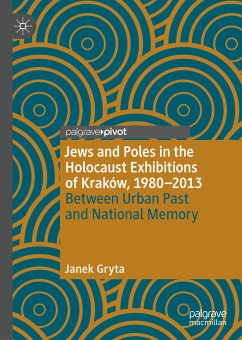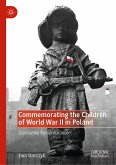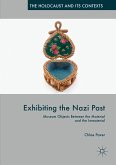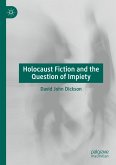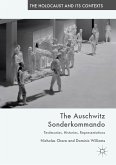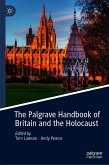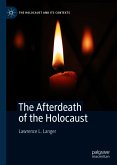This book offers a unique approach to memory studies by focusing on local memory work conducted across the divide of the fall of Communism, whereas other histories have consistently used 1989 as a watershed moment. By examining the ways in which the Holocaust has been exhibited in Kraków, it investigates the impact local memory work has had on Polish collective memory and problematizes the importance of the fall of Communism for memory work. Using the Polish case study, it contributes to international debates on the nature of urban memory. It brings to the fore the role of mid-ranking governmental and municipal activists for local remembrance, investigates the relationship between the form and the content of the exhibitions, and highlights the importance of authenticity and emotional evocations for Holocaust remembrance. In particular, it focuses on the emergence of cosmopolitan memory of the Holocaust, a process with local, Kraków, sources.
